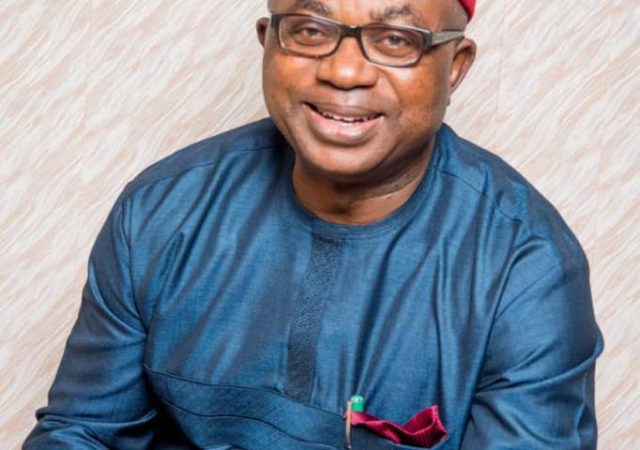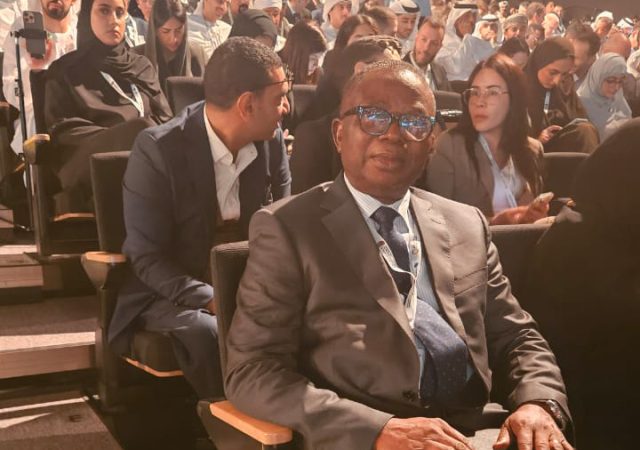
By Mufaro Jonasi
The recent decision by the Trump administration to suspend US foreign aid has sent shockwaves across the globe, sparking intense debate among policymakers, economists, and development experts. This move has significant implications for global development, US foreign policy, and the economy, which warrant a nuanced and multifaceted analysis.
The impact on global health and development
US foreign aid has been instrumental in funding development initiatives across Africa, particularly in healthcare. The President’s Emergency Fund for AIDS Relief (PEPFAR) has been a cornerstone of US global health policy, providing critical funding for HIV/AIDS prevention, treatment, and care programs. With an annual budget of approximately $6.7 billion, PEPFAR has supported over 14 million people on antiretroviral treatment, prevented millions of new infections, and helped to reduce AIDS-related deaths by over 50% since its inception in 2003.
The suspension of US aid puts these gains at risk, potentially reversing decades of progress in controlling the AIDS pandemic. A study by the Kaiser Family Foundation estimates that a 20% reduction in US funding for PEPFAR would result in over 1 million additional AIDS-related deaths and 300,000 new infections over the next five years.
Geopolitical implications: China and Russia fill the gap_
The suspension of US aid creates a power vacuum that China and Russia are eager to fill. As these nations extend their influence, the US risks losing its grip on global leadership. China’s Belt and Road Initiative (BRI) has already made significant inroads in Africa, with over $150 billion in investments and infrastructure projects across the continent.³ Russia’s growing presence in Africa is also a cause for concern, with Moscow seeking to expand its influence through energy deals, military cooperation, and diplomatic engagement.
Economic implications: Undermining the US dollar and western influence
The decline of US aid could also undermine the dominance of the US dollar. The rise of BRICS (Brazil, Russia, India, China, and South Africa) and alternative currencies threatens to erode the dollar’s global influence. Furthermore, this shift could perpetuate the historical injustices faced by African countries, which were colonized by Western powers and left underdeveloped. The industrial revolution in Europe had already begun to affect southern nations, making it challenging for them to catch up.
Blow to the American economy
The suspension of US foreign aid not only has devastating effects on global development and health initiatives but also deals a significant blow to the American economy. A substantial portion of US aid funds remains in the United States, supporting American industries that provide essential services and goods for aid programs.
Companies like Chemonics International, a leading provider of development solutions, and DynCorp International, a global government services provider, rely heavily on US aid contracts. These companies, and many others like them, will struggle to pay their employees and stay afloat without the steady flow of aid funds. The ripple effects will be felt across the US economy, impacting industries such as manufacturing, logistics, and consulting.
Furthermore, the aid provided to Ukraine, for instance, is not just a handout, but rather an indirect investment in the US economy. The supply of weapons, machinery, and equipment manufactured by US industries boosts American businesses and creates jobs. Cutting such aid is ill-fated, as it undermines the very industries that drive US economic growth.
A new era of global politics
As the US reevaluates its foreign aid policy, the world watches with bated breath. The implications of this decision will be far-reaching, with potential consequences for global stability, economic growth, and the balance of power. One thing is certain – the suspension of US aid marks a significant shift in global politics, one that will have lasting effects on the world order.
Mufaro Jonasi is an award-winning author based in Harare, Zimbabwe. He specializes in social and economic justice issues, focusing on the political economy of Africa and its global implications.










